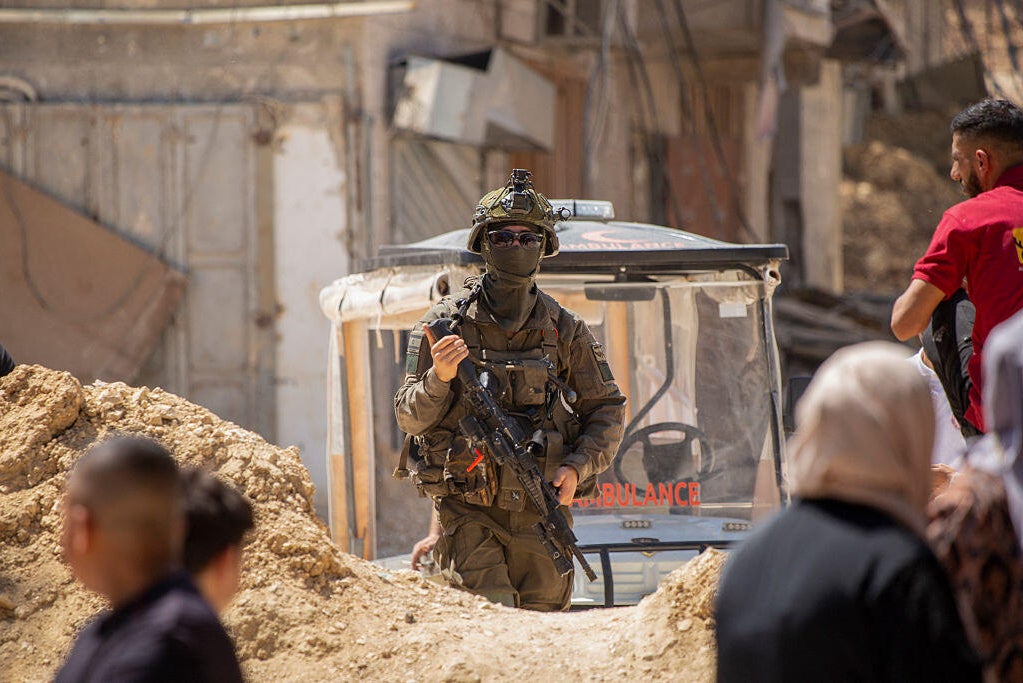 The Vatican Bank is under new scrutiny in a case involving money-laundering allegations that led police to seize €23m (£19.25m) in September.
The Vatican Bank is under new scrutiny in a case involving money-laundering allegations that led police to seize €23m (£19.25m) in September.
The Vatican calls the seizure of assets a "misunderstanding" and expresses optimism it will be quickly cleared up. But fresh court documents show that prosecutors say the Vatican Bank deliberately flouted anti-laundering laws "with the aim of hiding the ownership, destination and origin of the capital". The documents also reveal investigators' suspicions that clergy may have acted as fronts for corrupt businessmen and Mafia.
The new allegations of financial impropriety could not come at a worse time for the Vatican, already hit by revelations that it sheltered paedophile priests. The corruption probe has given new hope to Holocaust survivors who tried unsuccessfully to sue in the United States, alleging that Nazi loot was stored in the Vatican Bank.
Yet the scandal is hardly the first for the bank, already distinguished from other banks by the fact that its cash machines are in Latin and priests use a private entrance.
In 1986, a Vatican financial adviser died after drinking cyanide-laced coffee in prison. Another, Roberto Calvi, was found dangling from a rope under London's Blackfriars Bridge in 1982, his pockets stuffed with money and stones. The incidents blackened the bank's reputation, raised suspicions of ties with the Mafia, and cost the Vatican hundreds of millions of dollars in legal clashes with Italian authorities.





 Newly released records show a US citizen was shot and killed in Texas by a federal...
Newly released records show a US citizen was shot and killed in Texas by a federal... In a statement, the Egyptian government called it a "dangerous escalation aimed at consolidating Israeli control...
In a statement, the Egyptian government called it a "dangerous escalation aimed at consolidating Israeli control... Venezuela's acting president on Thursday signed into law an amnesty bill that could lead to the...
Venezuela's acting president on Thursday signed into law an amnesty bill that could lead to the... Chris Tackett started tracking extremism in Texas politics about a decade ago, whenever his schedule as...
Chris Tackett started tracking extremism in Texas politics about a decade ago, whenever his schedule as...






























